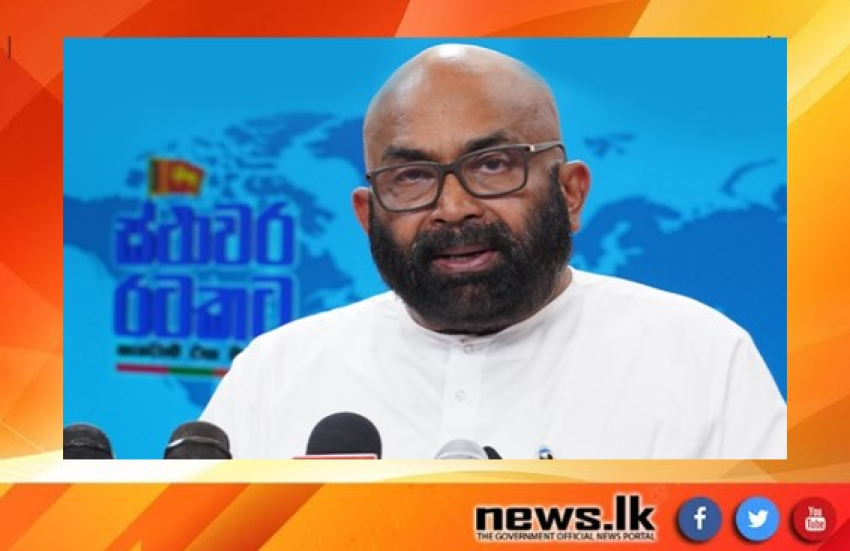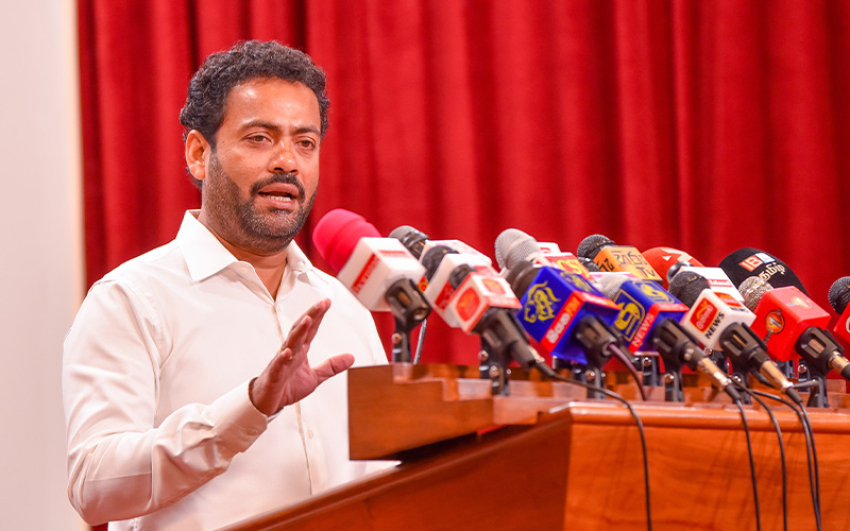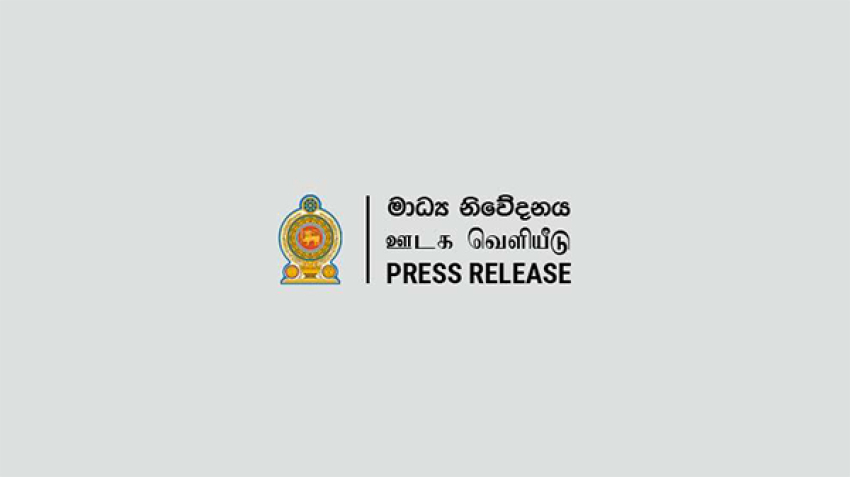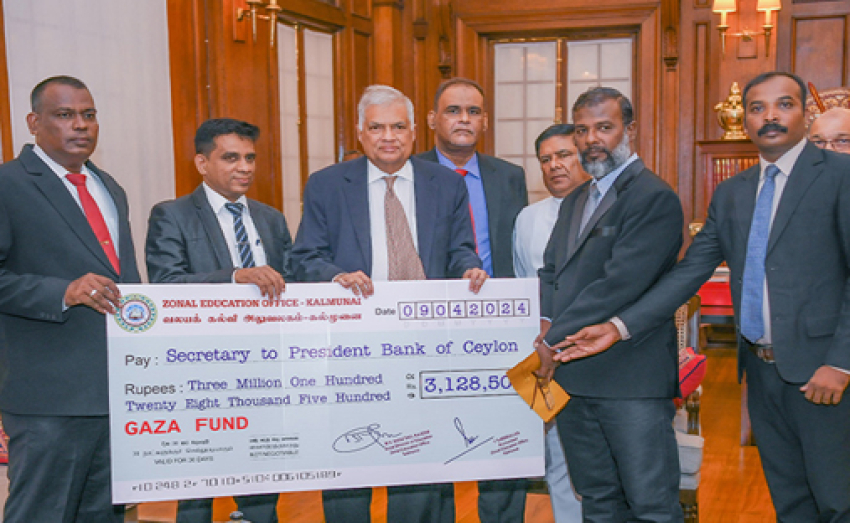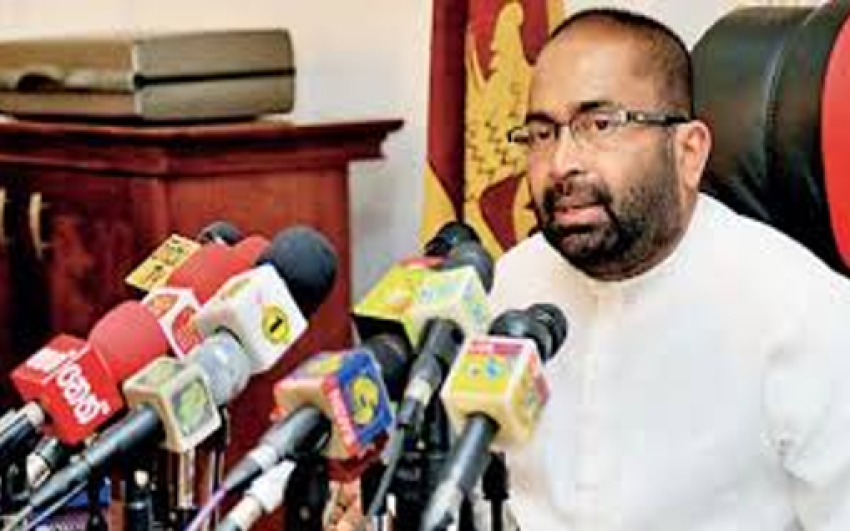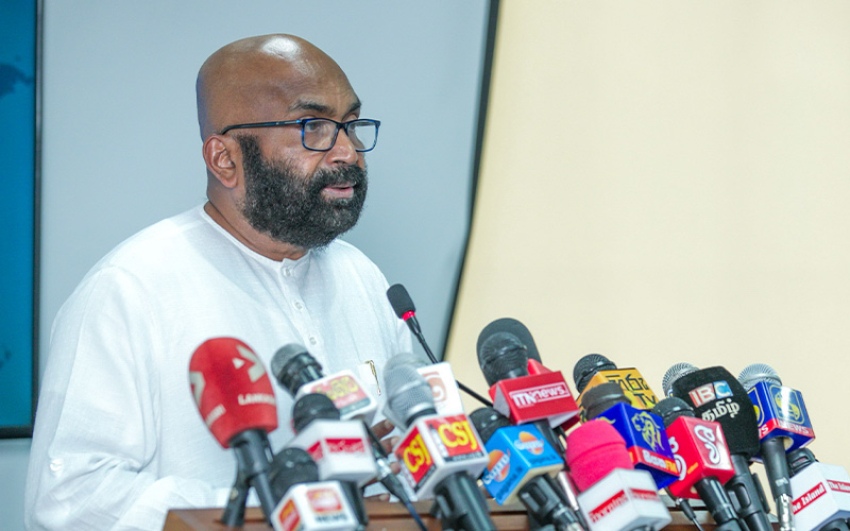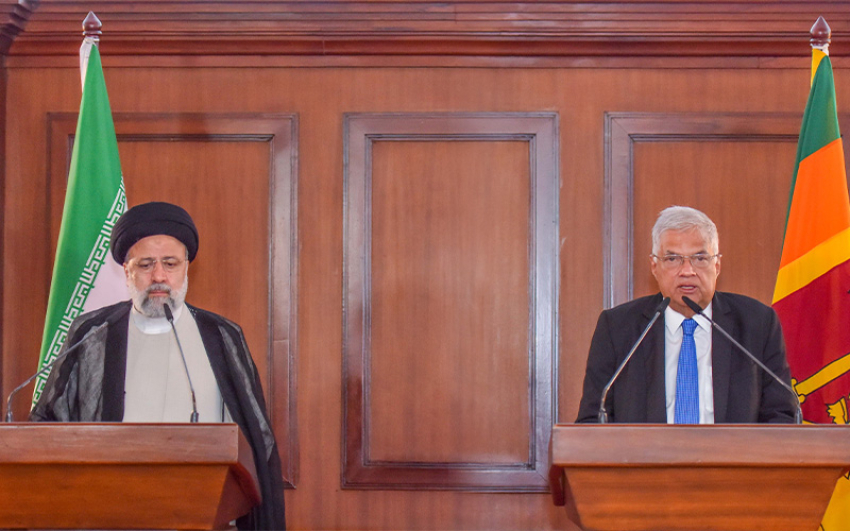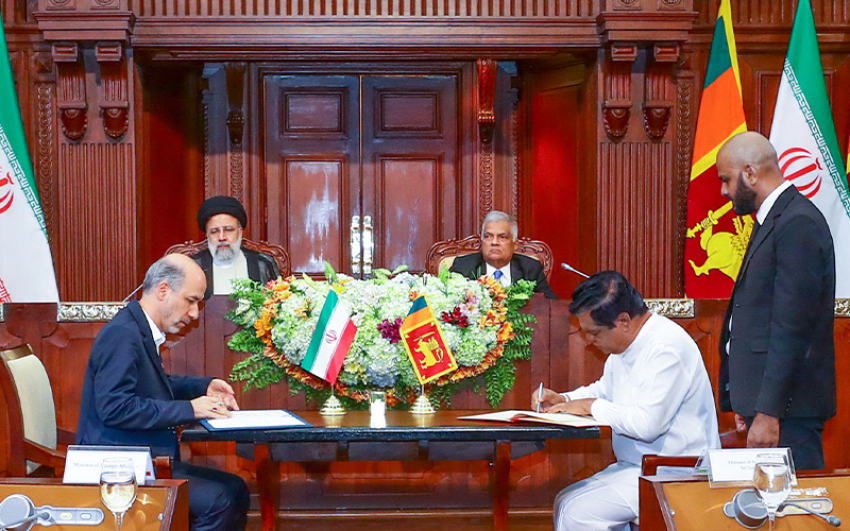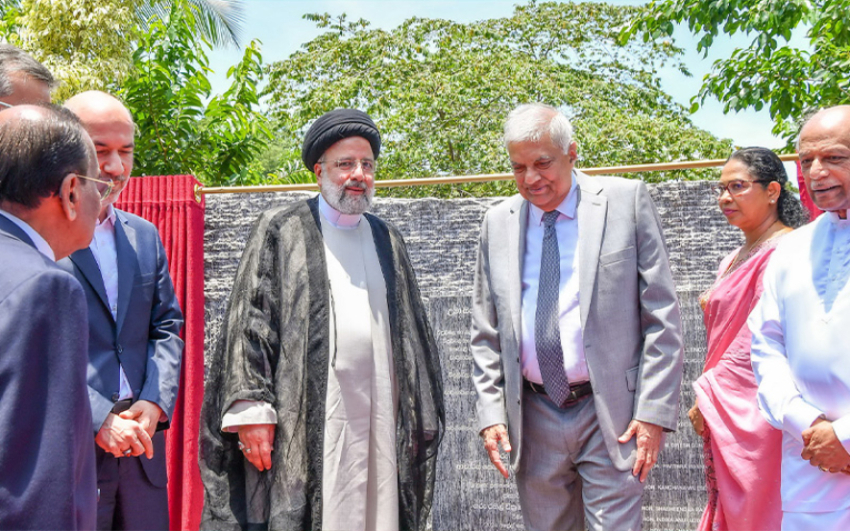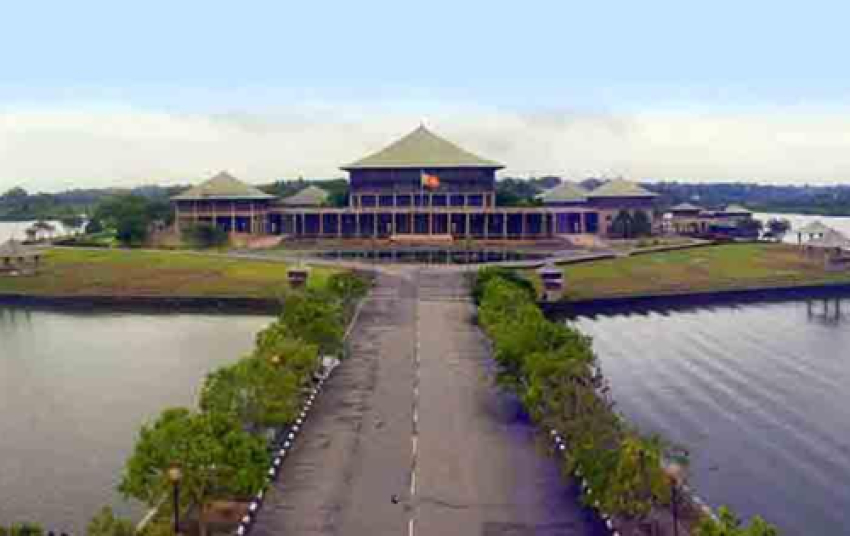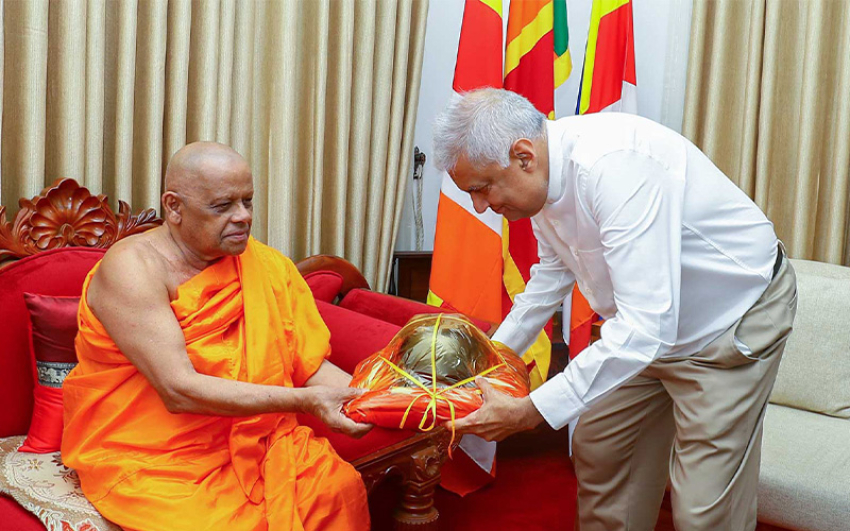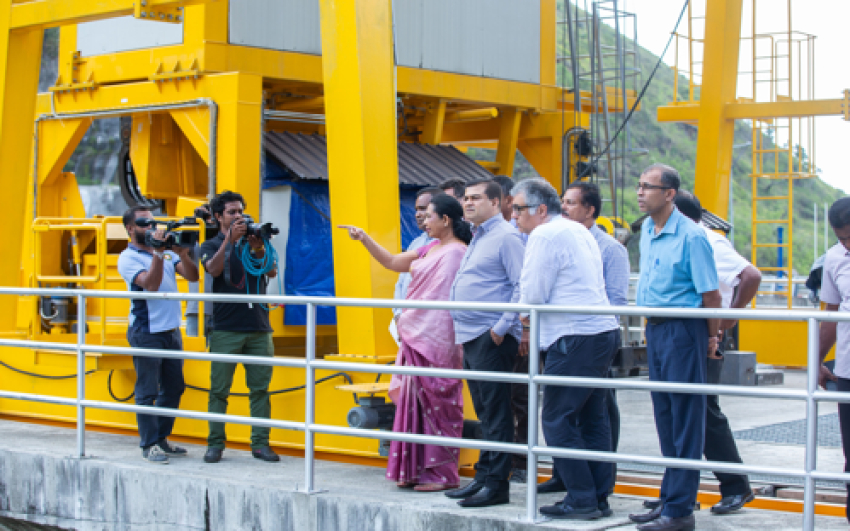Acting Finance Minister Ranjith Siyambalapitiya announced that over the past year, inflation in Sri Lanka has significantly decreased to 62.1%, thanks to President Ranil Wickremesinghe’s robust economic reform agenda.
Mr. Siyambalapitiya also highlighted that inflation, which stood by 66.7% during the first and second quarters of 2022, has now plummeted to just 4.6% for the same period in 2023.
He made this announcement during a press conference held yesterday (21) at the Presidential Media Center, focusing on the theme of ‘Collective Path to a Stable Country.’
Acting Finance Minister Siyambalapitiya further said;
Over the past year, the government successfully increased the country’s foreign reserves from 1.8 billion dollars to 3.8 billion dollars. In August 2022, the exchange rate stood at Rs. 361 per dollar, but by August 2023, one dollar could be acquired for Rs. 321. This shift is not the result of artificial control but rather a reflection of the rupee’s value adjusting in response to supply and demand for the dollar, which holds significant economic importance.
The interest rate for deposits, previously at 14% in 2022, has been lowered to 11%, while the loan interest rate, previously at 15.5%, has been reduced to 12% this year. Notably, last year, the primary account deficit was Rs. -247 billion, but this year it has turned into a surplus of Rs. 27 billion. This marks the first surplus in the primary account balance in over 40 years.
Tourist arrivals, which numbered 496,430 in 2022, have surged to 904,318 during the first two quarters of this year. Equally impressive is the growth in tourism earnings, which rose from 832.6 million US dollars in 2022 to 1,304.5 million US dollars in the first two quarters of this year, reflecting a remarkable 56.7% increase compared to the previous year.
In the past year, the amount of money remitted by Sri Lankans living abroad to Sri Lanka has surged from 2,214.8 million US dollars to 3,862.7 million US dollars this year, marking a remarkable 74.4% increase according to data from the Ministry of Finance.
On August 1, 2022, the QR code system was introduced as a measure to manage petroleum demand due to foreign exchange shortages. This led to a significant disparity between normal demand and supply, resulting in a notable increase in diesel consumption by 28% and petrol consumption by 83% in June 2023, when the QR system was partially relaxed. However, as of September 1, the QR code system, which directly impacts economic growth, has been completely lifted.
Upon assuming office, President Ranil Wickremesinghe faced a daunting challenge of addressing a 14-hour power outage, which had a direct impact on the economy. Presently, the government ensures a continuous and stable electricity supply to the population.
As of August 23, 2023, there were 1467 imported goods banned due to foreign exchange shortages. Currently, the ban applies to only 279 items. Furthermore, the import of vehicles, which had been halted in 2020, now includes buses and trucks for public transport.
In April 2022, the country faced difficulties in meeting its debt obligations. However, the government has since secured the first installment under the International Monetary Fund’s Extended Credit Scheme, contributing to stabilizing the country’s economy compared to the previous year.

